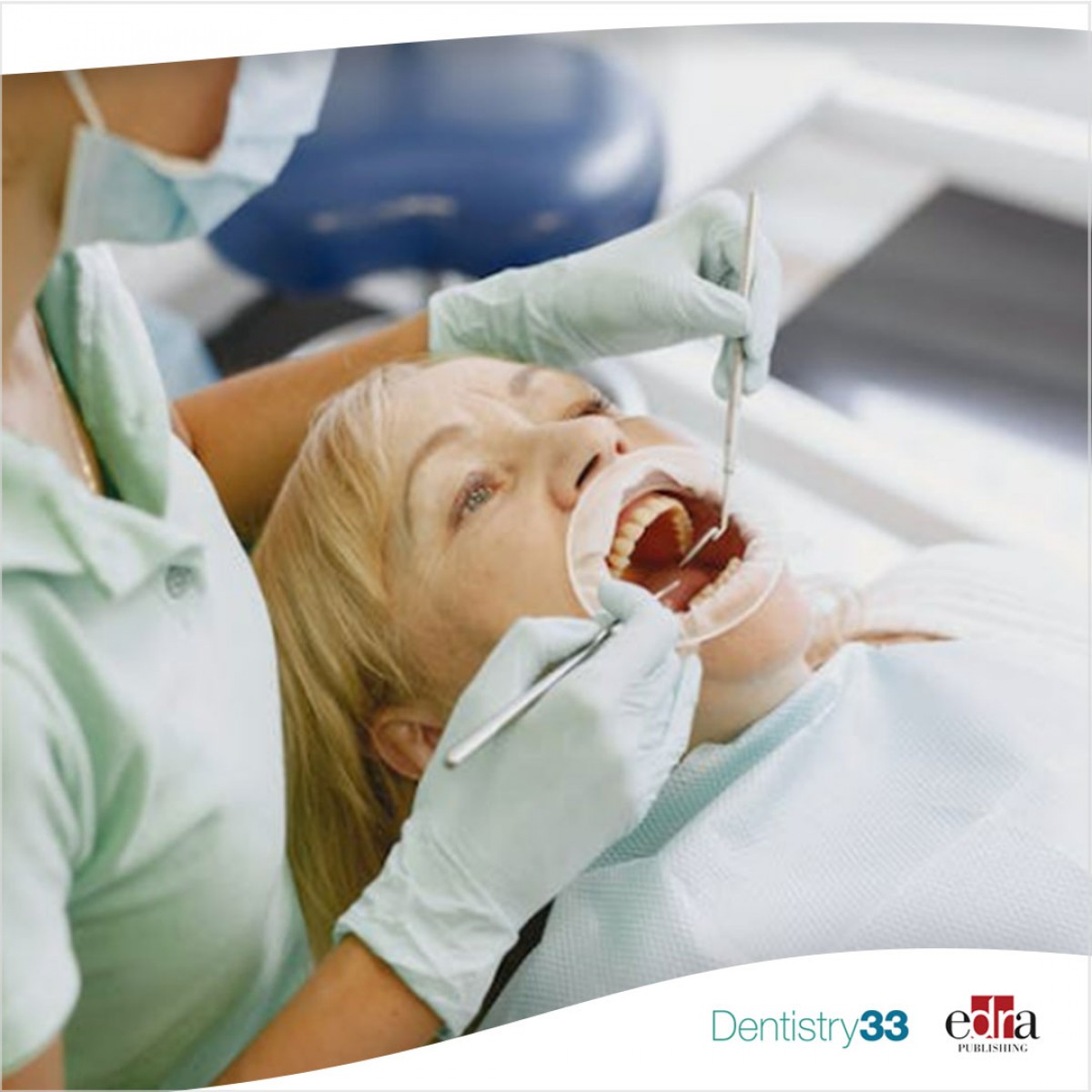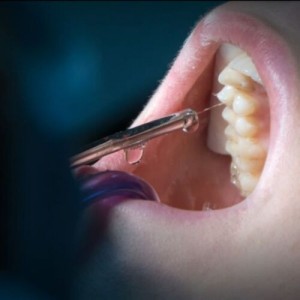
Diabetes and missing teeth aggravate cognitive decline
Although both diabetes and missing teeth are risk factors for dementia, little research has focused on the effects of both conditions on the course of cognitive decline. To address this gap, Bei Wu, lead author, and colleagues turned to the University of Michigan Health and Retirement Study, analyzing 12 years of data from the longitudinal study in order to look at cognitive changes over time.
The researchers included in their analysis 9,948 older adults grouped by age. The Health and Retirement Study included measures of memory and cognitive function, assessed every two years, along with questions about tooth loss, diabetes, and other demographic and health factors. In this analysis, the researchers were especially interested in older adults who had lost all their teeth.
They found that older adults aged 65 to 84 with diabetes and total tooth loss had worse cognitive function than their counterparts without either condition. Over time, the elderly aged 65 to 74 who only had diabetes experienced accelerated cognitive decline, and those aged 65 to 84 who did not have any teeth also experienced accelerated cognitive decline, but the elderly aged 65 to 74 with diabetes and total tooth loss experienced the fastest cognitive decline.
The relationship between diabetes, tooth loss and cognitive decline was inconclusive for adults aged 85 years and older, which may be because this group is generally more cognitively impaired, is potentially healthier (as unhealthy individuals are less likely to survive into their late 80s), or perhaps has more experience managing diabetes.
"Access to dental care for older people – especially diabetics – is critical, and healthcare professionals should educate their patients about the relationship between oral health and cognition," Wu said.
The researchers stress the importance of regular visits to the dentist, adherence to diabetes treatment and self-care to control blood sugar levels, as well as cognitive screenings in primary care centers.
Diabetes is a known risk factor for cognitive decline and dementia. Several of the hallmarks of diabetes — elevated blood sugar, insulin resistance, inflammation and related heart disease — are thought to contribute to brain changes.
A growing body of research has revealed a similar connection between poor oral health, particularly gum disease and tooth loss, and cognitive decline and dementia. Like diabetes, inflammation plays a key role, and these inflammatory processes can contribute to cognitive decline. In addition, sore gums and missing teeth can make chewing difficult, leading to dietary changes that can result in nutritional deficiency. Nutritional deficiency, which can also be aggravated by impaired glucose tolerance and insulin sensitivity in diabetes, is another risk factor for cognitive decline and dementia.
This article originally appeared in Odontologia33.
Wu B, Luo H, Tan C, et al. "Diabetes, Edentulism, and Cognitive Decline: A 12-Year Prospective Analysis." Journal of Dental Research. 2023;0(0). doi:10.1177/00220345231155825.
 Related articles
Related articles
Editorials 30 June 2025
Pitt Dental Medicine Positively Impacts the Dental Health of the Sharon, Pa. Community
Remote Area Medical (RAM) free pop-up dental clinic was held this past weekend at the Sharon Senior High School in Sharon, Pa.
News 28 February 2025
InventHelp Inventor Creates No Fuss Toothbrush to Enhance Dental Health for Pets (SBT-2005)
"Finally a fast, easy and convenient way to brush my pet's teeth," said an inventor, from Vista, Calif. "The NO FUSS TOOTHBRUSH is a revolutionary new product that eliminates the struggle associated...
News 07 February 2025
Benevis Highlights Emergent Oral Health Coverage Needs for Children’s Dental Health Month
Benevis has issued a call to action to expand Medicaid and Children’s Health Insurance Program (CHIP) eligibility and ensure vulnerable U.S. children continue to receive coverage for dental health...
Products 28 January 2025
Revolutionize Your Oral Care With MySmile Water Flosser: A Game-Changer in Dental Health
Oral care just got a glow-up! MySmile, a trusted name in innovative dental products, is thrilled to unveil the MySmile LP211 Water Flosser—a sleek, high-tech tool designed to simplify your dental...
News 23 December 2024
National Dental Healthcare REIT Expands Portfolio to $255 Million
National Dental Healthcare REIT (NDH REIT), a leader in dental healthcare real estate and a proud member of the Thurston Group portfolio, has achieved a remarkable growth milestone.
 Read more
Read more
Editorials 10 October 2025
With proud smiles and crisp white coats, ninety-three learners from the DDS Class of 2029 and the International Dentist Pathway Class of 2028 marked the start of their dental careers at the UCSF...
Periodontology 10 October 2025
Continuous professional development (CPD) in Periodontology refers to the overall framework of opportunities that facilitate a life-long learning practice, driven by the learner-practitioner and...
TheraBreath, the #1 alcohol-free mouthwash brand in the U.S.*, has introduced a new line of dentist-formulated, clinically tested toothpastes designed to support professional oral care...
News 10 October 2025
New officers and trustees were installed at the Minnesota Dental Association’s Leadership Conference on September 19 in Minneapolis.
News 10 October 2025
Smartee Denti-Technology today announced that Professor Gang Shen, its Chief Scientist and Executive President of TaiKang ByBo Dental, has once again been named to the World’s Top 2% Scientists...















